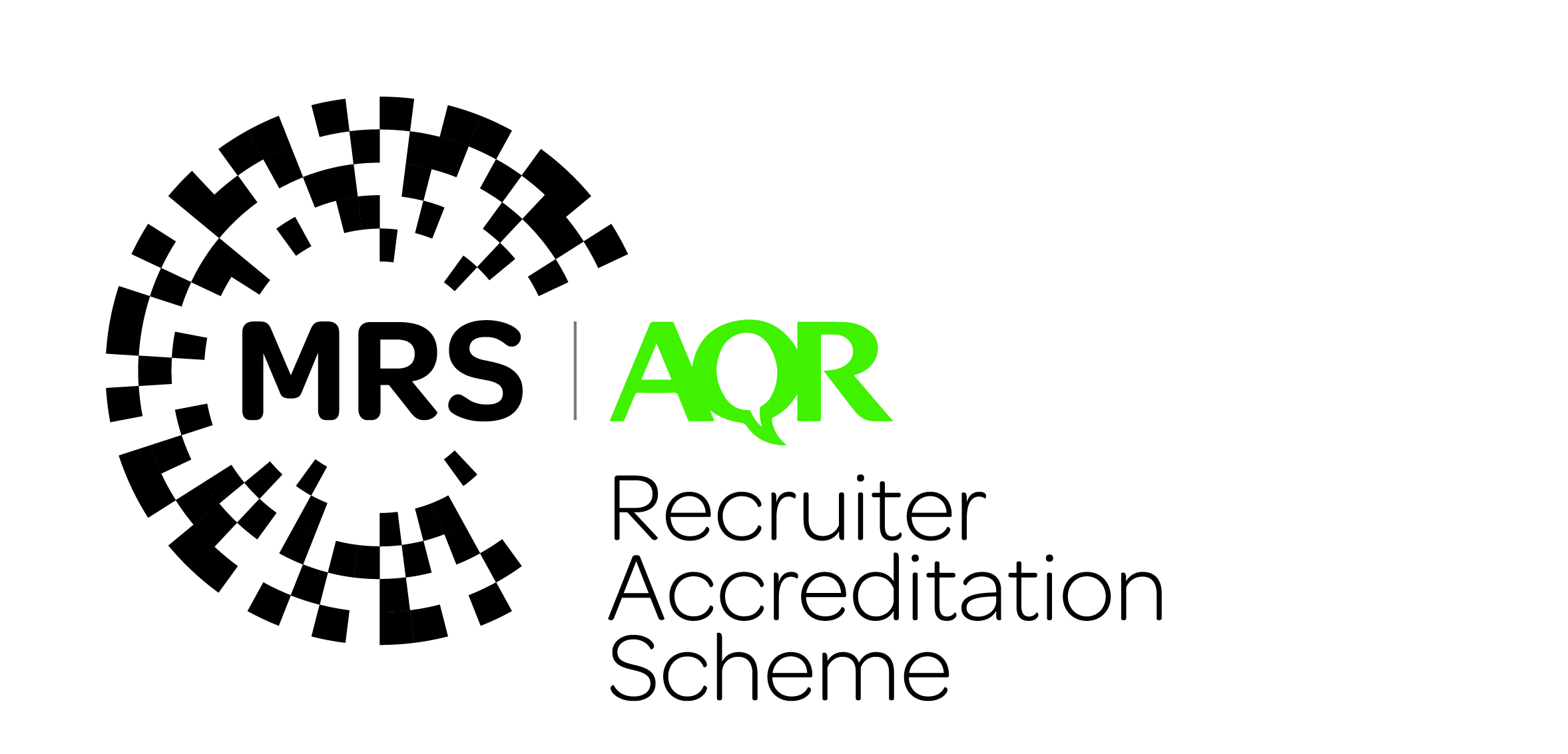All MRS websites use cookies to help us improve our services. Any data collected is anonymised. If you continue using this site without accepting cookies you may experience some performance issues. Read about our cookies here.
You are currently not logged in. Any progress made will be lost.
Collecting data on age
There are some recommendations when collecting data on participant ages:
- Age-inclusive language should avoid referring to someone’s age, unless relevant and necessary. The language used should recognize people for what they are and their individual characteristics, and not draw correlations or assumptions because of their age
- Similarly, language that stereotypes or implies that a particular age cohort has certain abilities or inabilities, or has stereotypical characteristics because of their age, should be avoided. For example, a mature workforce, instead use phrases such as experienced workforce.
- Terms to avoid for older people include the elderly, geriatric the old, pensioners, “boomers”, old-folks, senior citizens; instead use older adults, older people or ages XX and over.
The following is a way age can be asked and collected in an inclusive way:
Q. What is your age?
- Under 18 years
- 18-24 years
- 25-34 years
- 35-44 years
- 45-54 years
- 55-64 years
- 65-74 years
- 75-84 years
- 85-94 years
- 95 or over
Avoid using references to ageing or being old e.g. How old are you?


